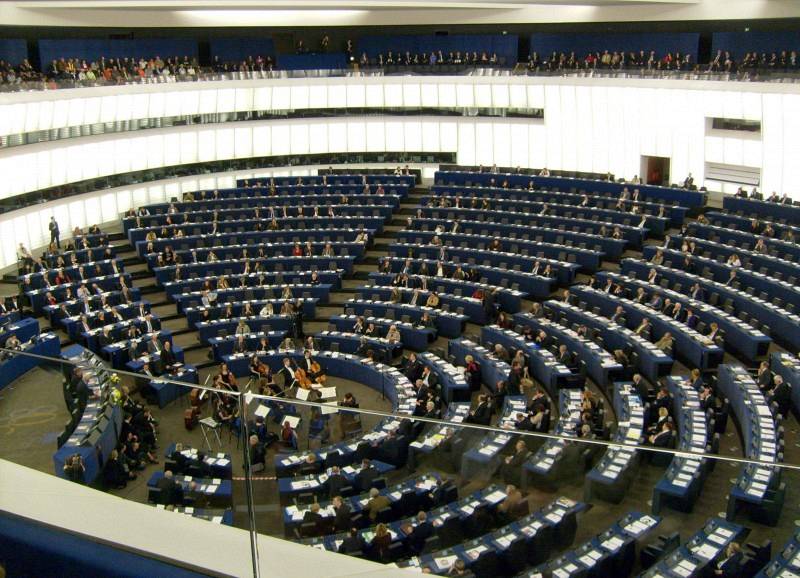It is of crucial importance to continue backing FYROM’s progress towards EU membership, said Foreign Affairs Committee MEPs on Monday. But only if the July 2015 “Przhino Agreement” to pave the way out of the country’s political crisis via elections is implemented in full and if substantial progress is also made on delivering urgent reform priorities, such as media freedom, parliamentary control of interception of communications and fighting corruption.

The resolution on the former Yugoslav Republic of Macedonia (FYROM), drafted by Ivo Vajgl (ALDE, SL) welcomes the political agreement reached by the four main political parties in Skopje in June and July 2015 and urges them “to assume their responsibilities vis-à-vis citizens and ensure the full implementation of all their commitments in a sustainable and negotiated manner”, so as to put the country back on the EU track.
MEPs underline the need to prepare early for parliamentary elections, now scheduled for 5 June 2016 so as to ensure “the highest international standards, including ensuring free and fair election procedures and enhancing media freedom”. They also highlight the essential role of the Special Prosecutor for the democratic process, who should “receive all resources required to investigate any wrongdoings from the interception of communications”.
Concerned about widespread corruption, particularly in state and local administrations, public procurement and political party financing, MEPs urge the government “to fight corruption in a non-selective manner and develop a credible track record on both prevention and prosecution”.
The resolution acknowledges that the Former Yugoslav Republic of Macedonia, an EU candidate country since December 2005, is considered the most advanced candidate in terms of alignment with the “acquis” body of EU law.
FYROM nonetheless sees its EU accession process as being “blocked by the Council, partly due to the unresolved name issue with Greece”, say MEPs, adding that “bilateral issues should be addressed in a constructive spirit as early as possible in the accession process, taking into account the principles and values of the UN and of the EU”.
The vote took place less than one week after Parliament’s mediators, Ivo Vajgl (ALDE, SI), Richard Howitt (S&D, UK) and Eduard Kukan (EPP, SK) went to Skopje to help all the parties to establish a basis for achieving conditions for credible elections.
The resolution was passed by 42 votes to 9, with 2 abstentions





